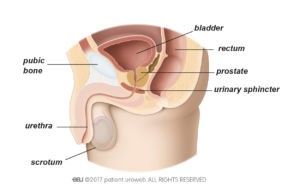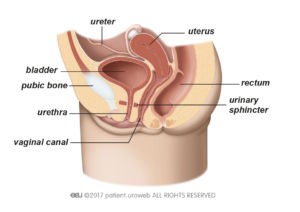Urinary incontinence refers to any involuntary urine loss. While the risk of increases with age, it can occur in younger individuals. Women are more prone to suffer from incontinence than men.
In Asia, the condition affects 14.5% of people, impacting social, occupational, domestic, physical, sexual and psychological well-being. Many delay seeking help due to perceptions of incontinence as a natural part of ageing, unawareness of treatment options or embarrassment. If incontinence frequently affects your quality of life, consult a medical professional. Various treatment options are available, including pelvic floor exercises (also known as Kegel exercises), medications and surgical interventions. Your urologist will recommend the most suitable treatment after a thorough consultation.



















